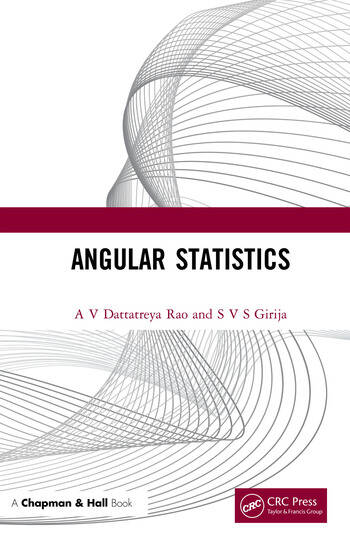Strategies for the Circular Economy Circular Districts and Networks
This book illustrates two approaches for firms to shape successful circular strategies namely the Circular Economy and Circular Districts. The former considers firms’ challenges when turning theoretical circular models into practice. Thus it discusses the opportunities and difficulties in reshaping corporate strategies by reflecting on circular economy principles. The latter approach plays a new role within the new economy systems and this book conceptualizes and operationalizes its definition. The circular district can represent an effective way to accelerate the energy transition process by developing industrial collaborations and exploiting technology synergies to enhance circularity and achieve economic environmental and social targets. The book highlights how firms should adjust their strategic thinking redesign their network of relationships and reconsider the value creation process when the circular economy is a concrete option. Furthermore it examines the evolution from circular economy to circular districts by revealing the motivations that push firms and supply chains to redesign their strategies by considering the perspective of a circular district. The book ends by analyzing business experiences in these two areas and proposes advancements for both the scientific community and the business world. The book offers a blend of theoretical frameworks and practical applications and will be of particular interest to scholars in the fields of sustainable operations closed-loop supply chain green supply chain management and circular supply chains. Also the operationalization of the concept of circular districts offers a genuine and original theoretical contribution thus targeting students from Executive programs MBA programs and PhD programs. The book will also attract managers practitioners and professionals interested in real-world cases and experiences as well as practical developments in the domain. | Strategies for the Circular Economy Circular Districts and Networks

















































